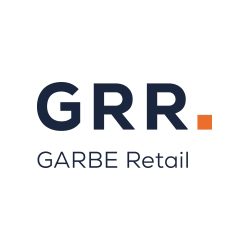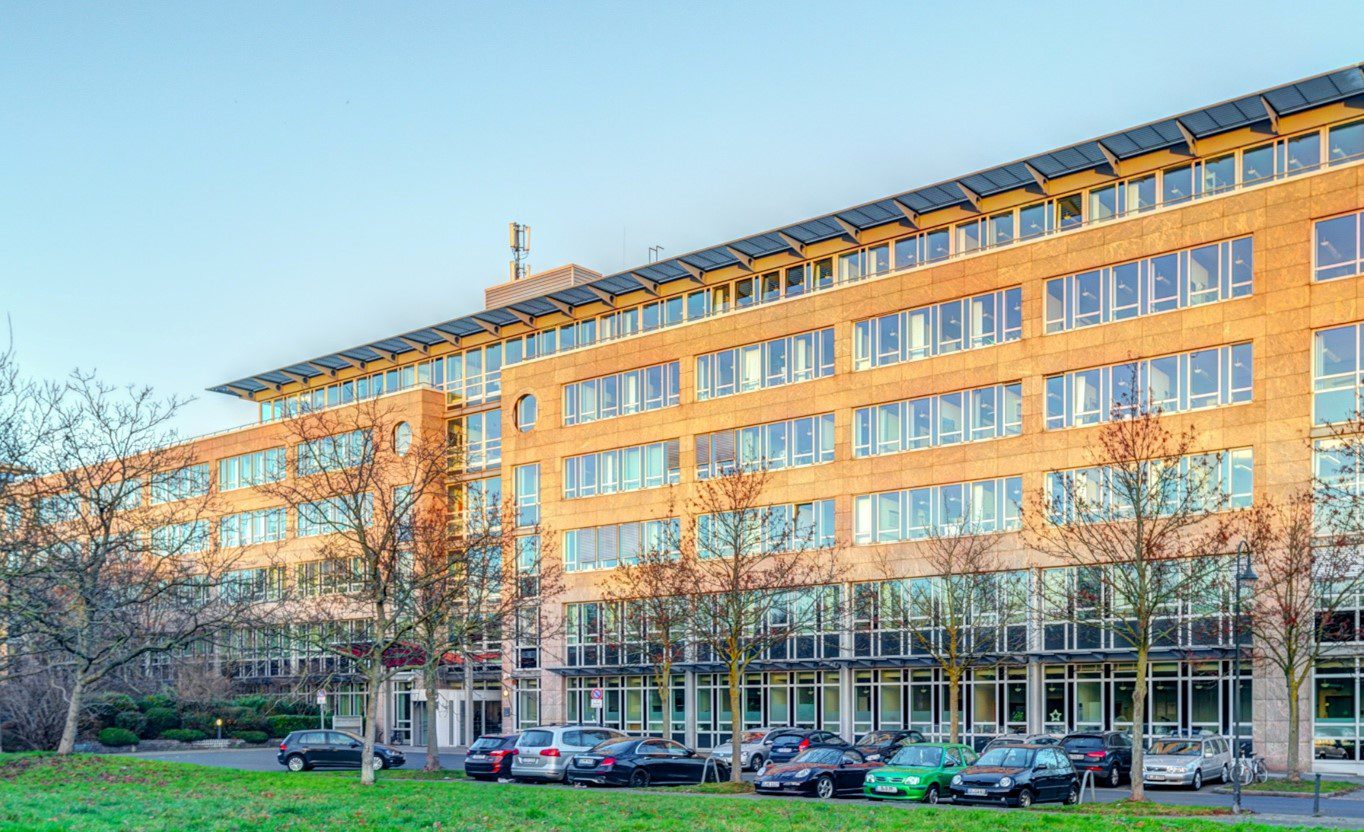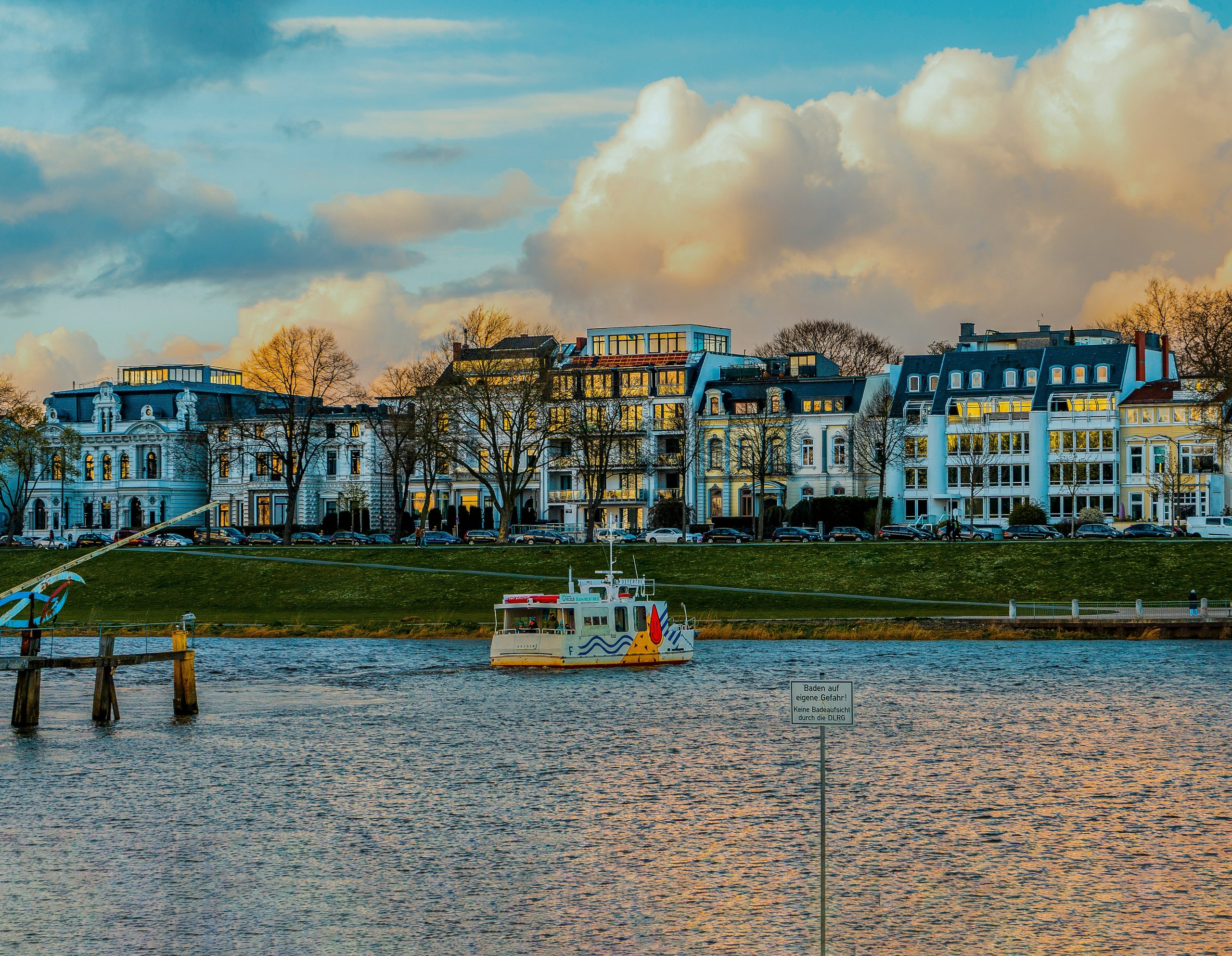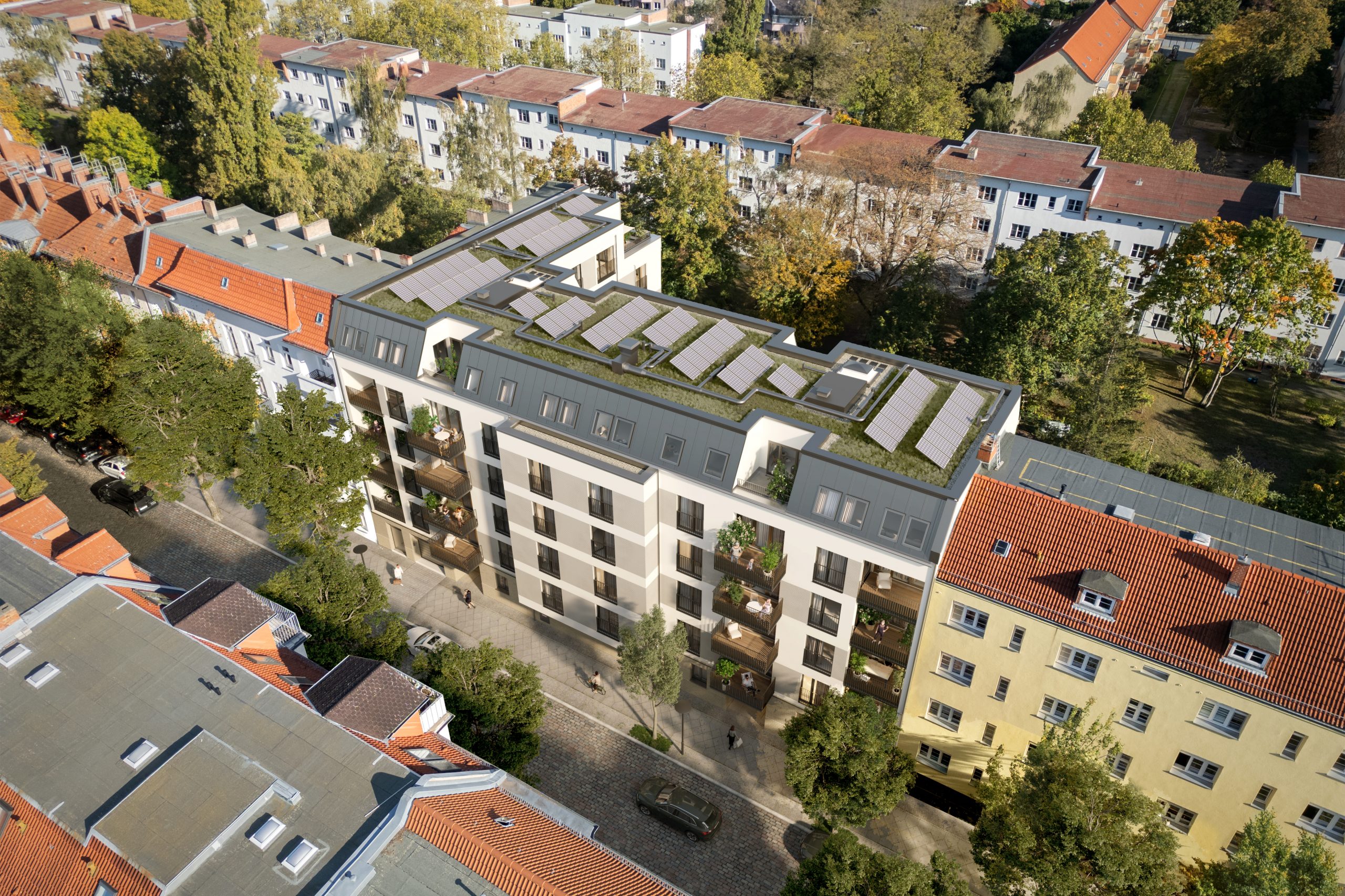With the fifth edition of its GRR Basic Retail Report, the asset and investment manager GRR GARBE Retail Real Estate GmbH (GRR GARBE Retail), together with the investment consulting firm JLL, which specialises in real estate, presents a comprehensive market analysis of the food retail real estate segment. For the first time, the report focuses on a European level.
“The strength of food-anchored real estate in Europe lies in its cross-border relevance, but also in its resilience. In a changing market environment, sustainability and energy efficiency are increasingly becoming decisive factors for long-term success and the focus of investment decisions, in addition to the quality of the location. With the report, we want to provide orientation and show that stability, sustainability and returns are crucial in the European context,” says Andreas Freier, Managing Director of GRR GARBE Retail.
Thomas Thein, Head of Fund and Portfolio Management at GRR GARBE Retail, adds: “Europe shows how diverse the food retail sector can be – from strong consolidation to regulatory challenges and innovative concepts. Our report is intended to support investors in assessing opportunities and risks in a targeted manner in a European comparison and in making strategic use of them.”
While many areas of brick-and-mortar retail are under pressure from changing consumer habits and increasing e-commerce, food retail real estate has proven to be one of the most stable asset classes in Europe. However, the market analysis also shows that in times of geopolitical uncertainty, rising interest rates and energy costs, and persistent inflation, income and operating cost structures are changing in many regions. A look across borders illustrates how differently European countries deal with these challenges.
The aim of the report is to explain the special features and differences of food retail real estate in a European comparison, to present investment opportunities in this asset class in a transparent manner and to provide impetus for targeted and future-oriented portfolio strategies.
Understanding Markets – Seizing Opportunities
Despite the interest rate turnaround, inflation and geopolitical uncertainty, the food retail sector remains robust, supported by constant basic demand and long-term stable tenancies. At the same time, rising energy prices, new regulatory requirements and labour shortages are changing the framework conditions. A market like Germany scores with efficiency and stability, while countries like Italy, Spain, the Netherlands and Austria offer strategic opportunities for portfolio building due to lower market consolidation. The authors emphasise that a sound knowledge of local conditions is crucial for successful pan-European investment strategies.
“Food retail real estate is a stable foundation for institutional portfolios. Everyday goods are indispensable, thus ensuring reliable demand and making the sector a valuable portfolio component, especially in volatile times. Successful investing requires extensive market knowledge and strategic skills in order to make the most of the opportunities and peculiarities of the European markets,” comments Sandra Ludwig, Head of Retail Capital Markets at JLL.
Sustainability is becoming a decisive investment factor
The report addresses the important topic of ESG in the European context and shows pathways to value-driven ESG performance in the retail sector as well as the challenge of obtaining ESG-relevant data. Sustainability criteria are no longer an “add-on”, but an integral part of professional asset management strategies and decisive for investment decisions. The consideration of ESG characteristics in real estate valuations has a direct and far-reaching impact on the European commercial real estate market. Instruments such as the globally recognized GRESB (Global Real Estate Sustainability Benchmark) rating platform support investors in transparently assessing ESG performance and continuously improving it.
Dr. Astrid Keller, Senior ESG and Research Manager at GRR GARBE Retail, says: “Sustainability is no longer an additional criterion, but an indispensable part of future-oriented investment strategies. Green leases are a central instrument for translating ecological responsibility into concrete, contractually anchored measures. The ecological transformation of the European real estate market can only succeed if sustainability goals are implemented in a binding manner. The GRR Basic Retail Report 2025 shows how this can work.”




